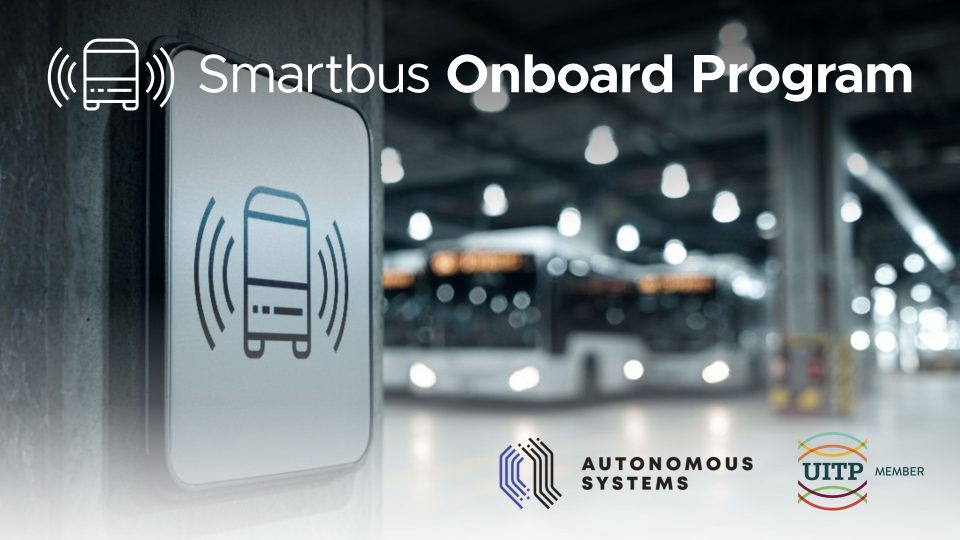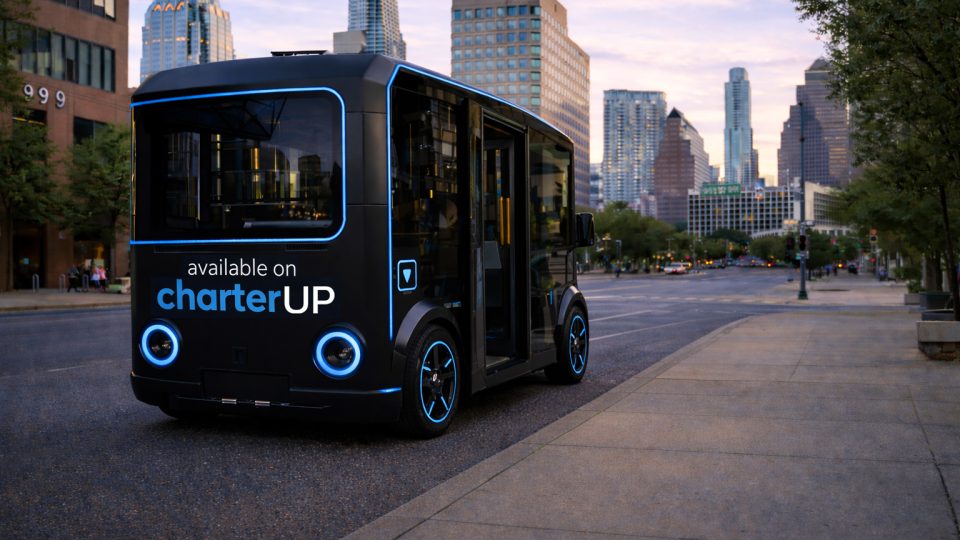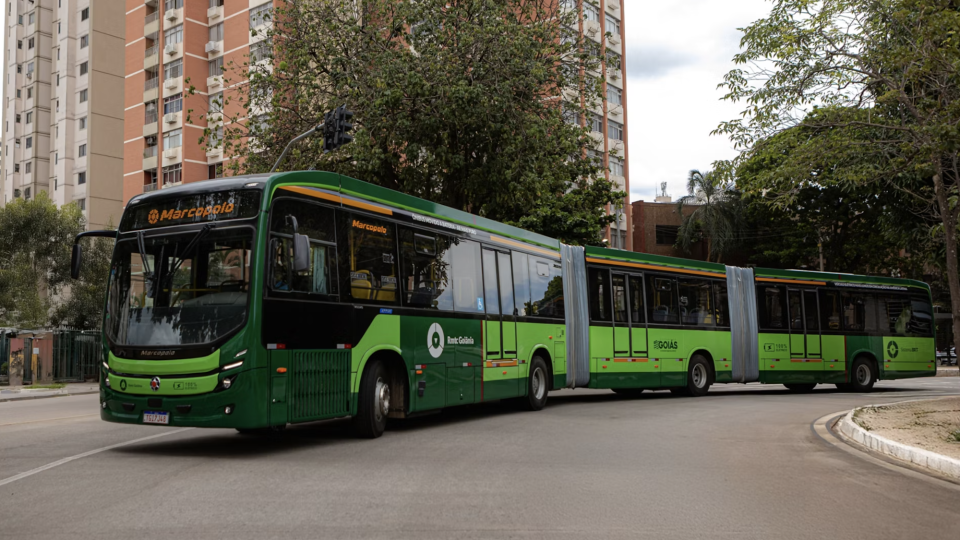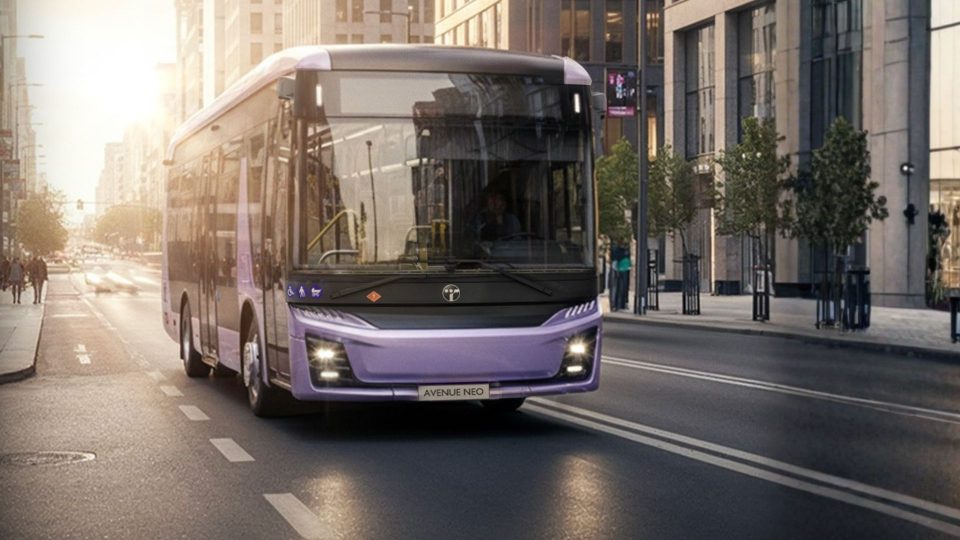Lyft to deploy autonomous shuttles in 2026 in the U.S. through new partnership with Benteler
Lyft has announced a strategic partnership with Benteler Mobility to launch autonomous shuttle services in the U.S. starting in late 2026. The collaboration will integrate Holon-branded autonomous shuttles, equipped with Mobileye technology, into the Lyft platform, with initial deployments planned in partnership with airports and cities. A new $100 million production facility in Jacksonville, Florida, […]
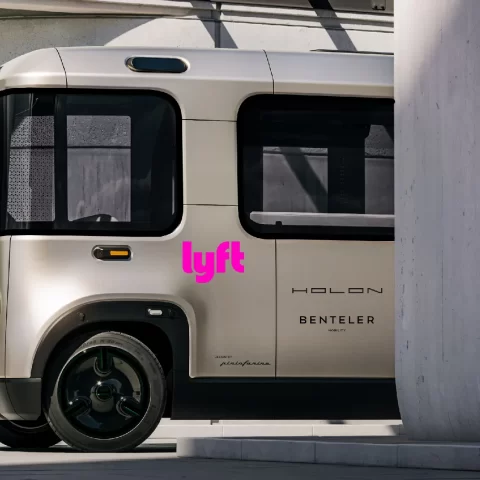
Lyft has announced a strategic partnership with Benteler Mobility to launch autonomous shuttle services in the U.S. starting in late 2026. The collaboration will integrate Holon-branded autonomous shuttles, equipped with Mobileye technology, into the Lyft platform, with initial deployments planned in partnership with airports and cities.
A new $100 million production facility in Jacksonville, Florida, will support industrial-scale production of Benteler’s shuttles.
Holon, the autonomous mobility subsidiary of Benteler Group and Tasaru Mobility Investments (Saudi investor) rebranded in 2022, is preparing for series production and market rollout of its first fully electric autonomous shuttle, the Holon Urban, showcased at UITP Summit in Hamburg in June. In 2024 Benteler announces a cooperation (through memorandum of understanding) with public transport operator Rhein-Main-Verkehrsverbund (RMV) in the Frankfurt Rhine-Main area in Germany, with the goal of “advancing autonomous mobility in local public transport: both companies aim to integrate autonomous shuttles into the RMV”. And Holon’s shuttles will be massively operating in Hamburg.
Lyft will offer autonomous shuttles in the US
Lyft is one of the largest ride-hailing platforms in the United States and the main domestic competitor to Uber. Founded in 2012 and headquartered in San Francisco, Lyft operates a mobile app that connects passengers with drivers for on-demand transportation. In 2024 Lyft reported a revenue of $5.7 billion (Uber generated $43.9 billions), marking a 31.3% year-over-year increase, and achieved its first year of net profitability.
While Uber has a significant international footprint, Lyft focuses almost exclusively on the U.S. market, where it has built a strong presence in urban and suburban areas. In addition to ride-hailing, Lyft has expanded into micromobility (bike and scooter sharing), car rentals, and public transit partnerships. The company is also investing in autonomous vehicle technologies, aiming to create a hybrid network that combines human-driven and self-driving vehicles.
The partnership covers four key areas: AV technology integration, fleet financing, scaled manufacturing, and expansion to additional vehicle types. According to the press note shared by Lyft, Benteler will also provide fleet ownership through its sister company, Benteler Trading International, with plans for thousands of AVs operating on Lyft’s network. Riders will be able to book a ride on one of these autonomous shuttles directly through the Lyft platform.
Testing is set to begin in 2025. The initiative adds to Lyft’s growing AV ecosystem, alongside partners like May Mobility and Mobileye.
“Benteler Mobility is exactly the kind of partner we need to accelerate our AV ambitions,” said Jeremy Bird, Lyft’s Executive Vice President of Driver Experience. “They’re not just a tech company — they’re closely linked to a massive automotive supplier with deep manufacturing expertise and global reach. Plus, their fleet ownership and financing capabilities mean they have ambitions to own and operate vehicles at scale, not just build them — a rarity in this industry. All this means we can more quickly deploy AVs at the speed and scale our riders deserve.”
“We are delighted to be teaming up with Lyft,” said Tobias Liebelt, CEO of Benteler Mobility. “Lyft’s innovative and ambitious culture matches our own. Lyft brings excellent expertise in ride-hailing, deep market penetration, and a strong commitment to making autonomous mobility a reality. Together, we combine their technology excellence and user-first approach with our automotive-grade AV platforms, operational excellence, and scalable fleet capabilities. This partnership will allow us to turn ambition into deployment — bringing safety-focused, efficient, and accessible mobility to the streets faster than ever before — let’s make it happen.”

